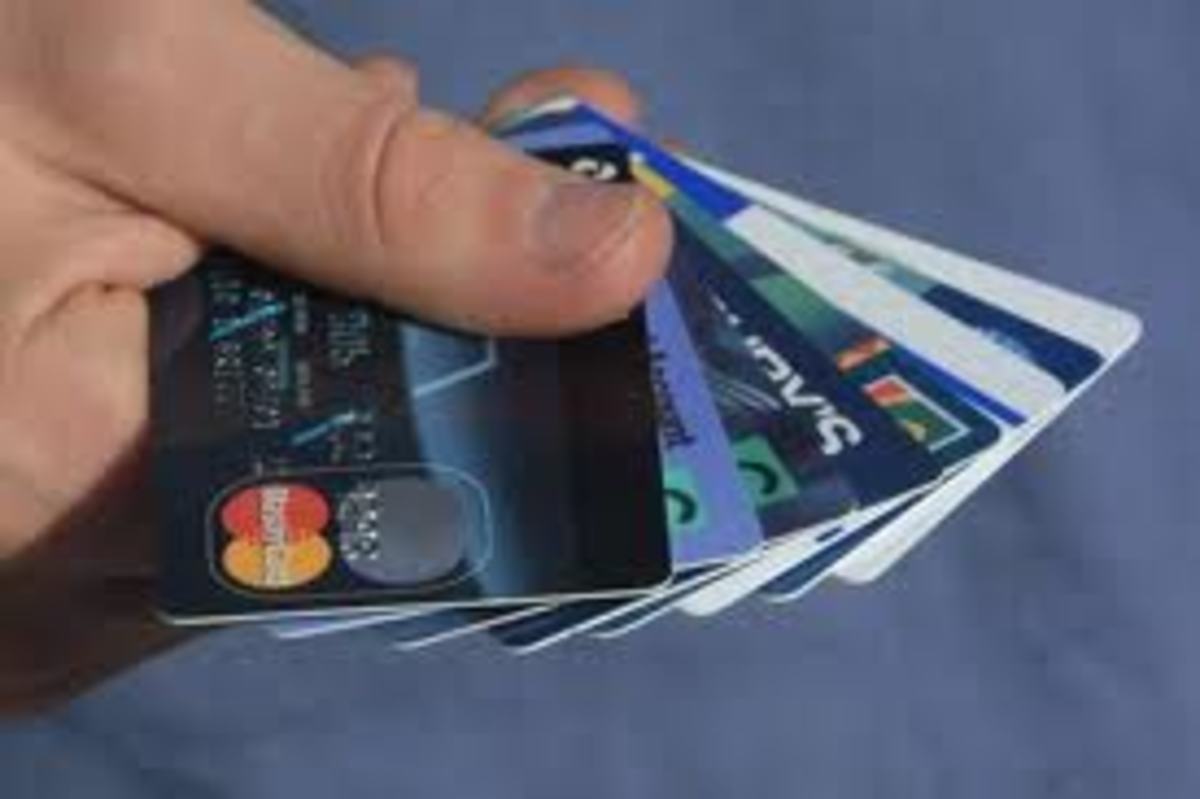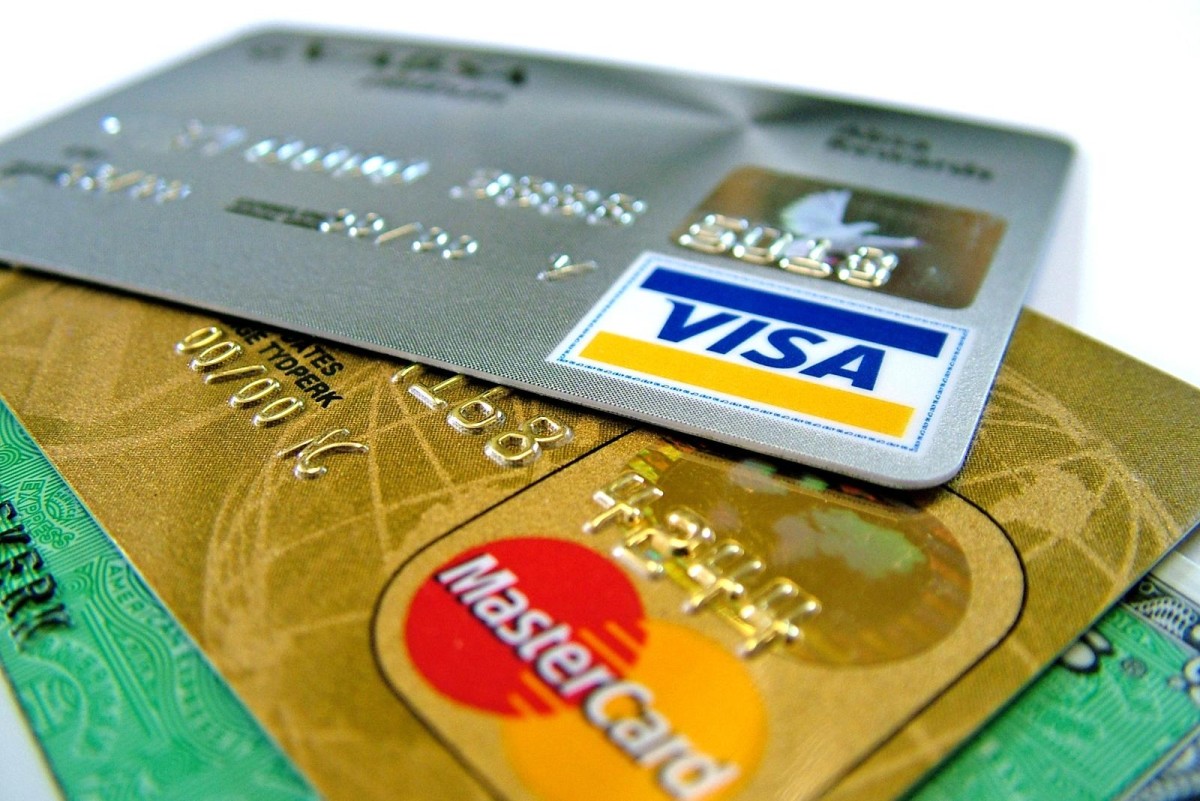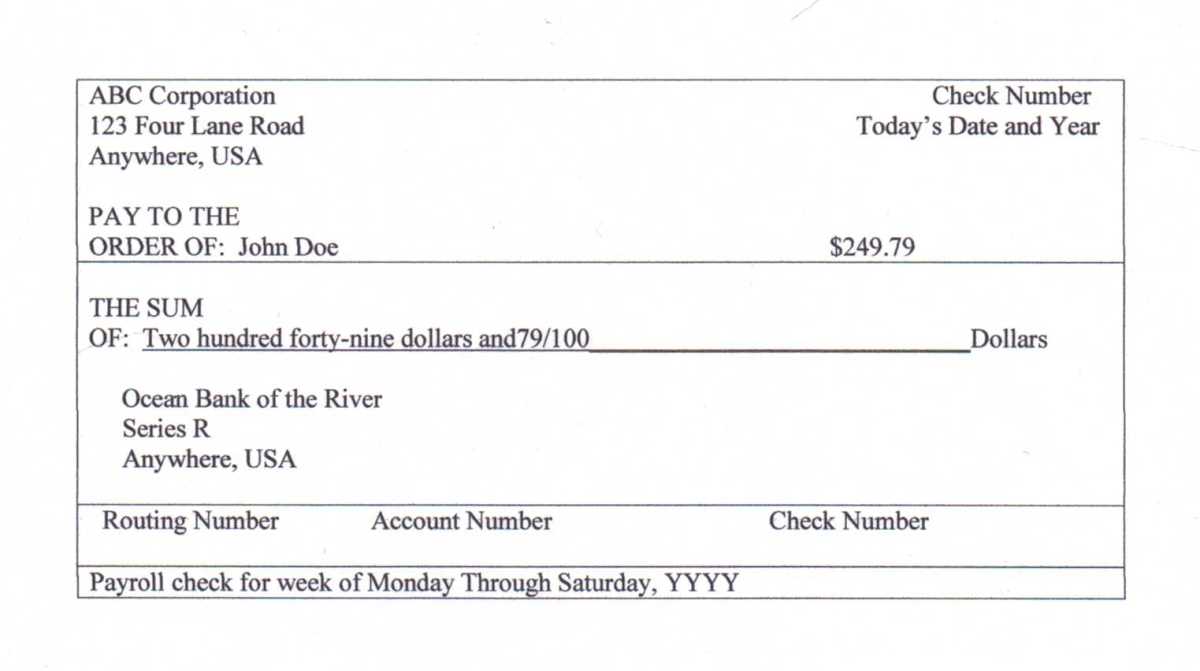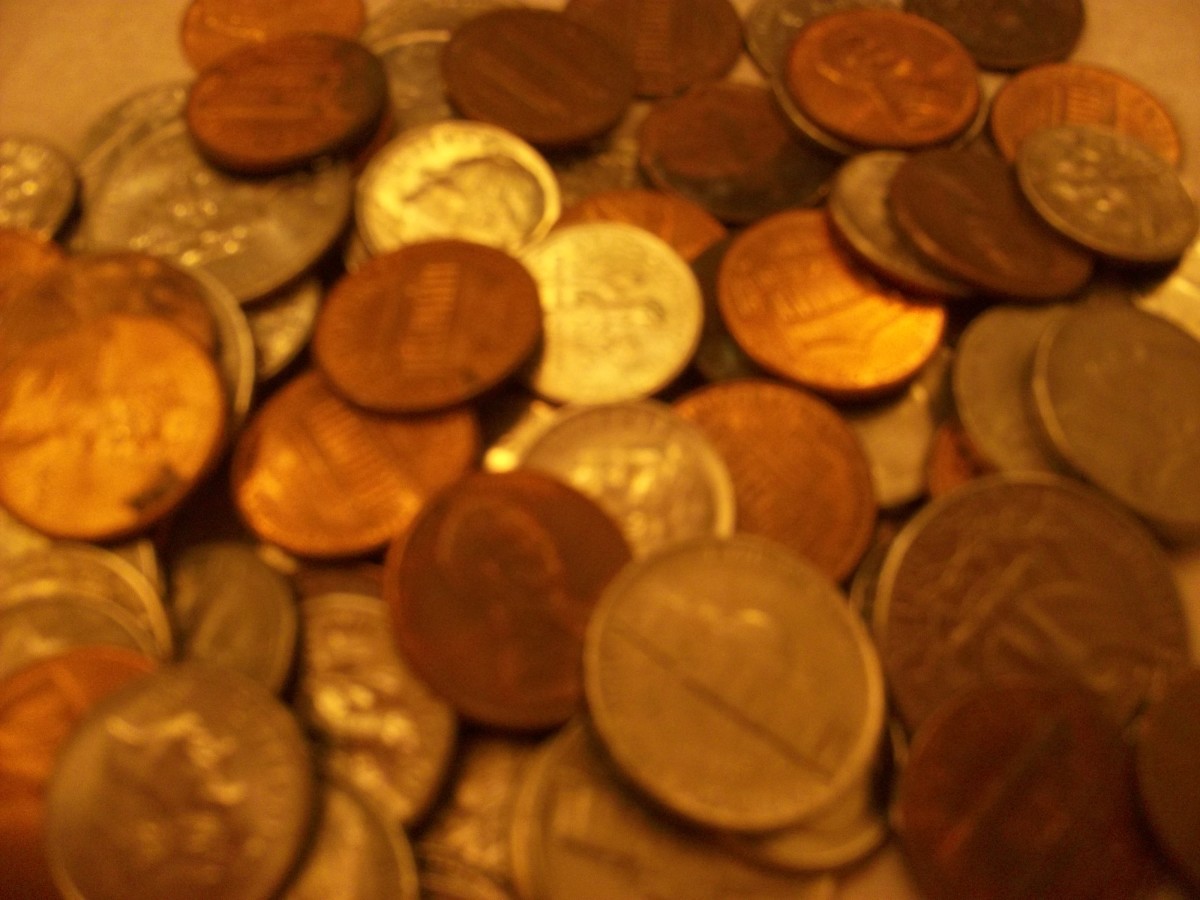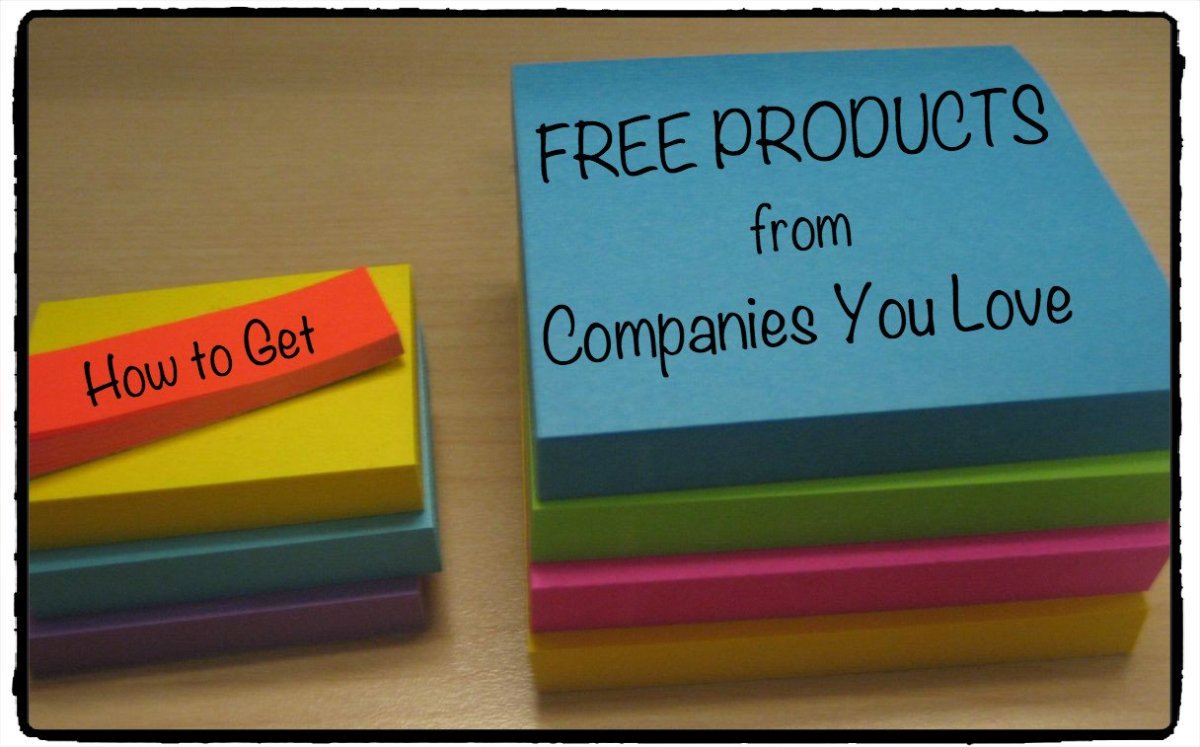How to manage credit cards effectively
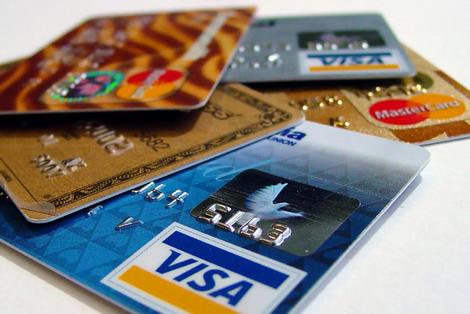
Introduction
Credit cards. They're everywhere, accepted in the majority of retail establishments, and until a year or so ago, were necessary to make online purchases, but the fact of the matter is, more and more people fall victim to credit card debt each year, and while there are legitimate reasons as to why this happens (such as an emergency or unexpected expense), there are some simple rules to follow to prevent debt caused by overspending, as well as some techniques that can be used to extend the amount of time you have to pay a bill.
What do you believe is the number one reason for credit card debt?
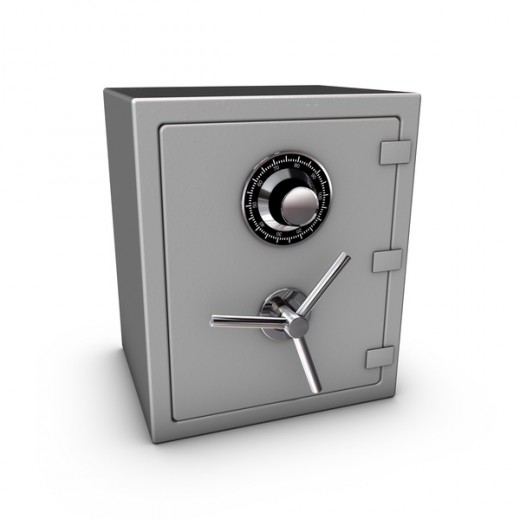
Rule One: Limit your credit
The first rule is the easiest, if you don't have the money in the bank to actually buy the item outright, don't buy it. One easy way to remove temptation is to ensure that your credit card's limit is less than you bring in each month. Now you may be thinking:
- If I have the money in the bank, why wouldn't I just use that?
- What about larger expenses such as homes or vehicles?
Now you're thinking! To answer the first question, you shouldn't use the money in the bank for several reasons:
- Because you can collect interest on it (if you have it in a savings account)
- Because you may be taking away from money that would be used for savings or to pay other bills
- Because using a credit card can offer you more on your purchase, such as points for a loyalty program (Air Miles, for example).
To answer the second question, you would never use a credit card to purchase such things (unless you have vast amounts of money and a credit card with no limit). This isn't to say that your credit cards have no effect on your ability to purchase a home or vehicle (I'll touch on that a little more further on), because it does have a bearing on it.
The reason you shouldn't purchase something if you can't actually afford it is simple, when the time comes to pay the bill, chances are you won't be able to. This will put you in debt to the credit card company, and they will charge you hefty interest on the amount you owe, effectively increasing your debt.
The worst part is, that the credit card companies aren't responsible for knowing how much you can afford, that responsibility lies with you. They make money off the interest that builds up on unpaid accounts so They normally have no problem allowing you more than you can afford.
I have found that two ways to effectively manage your money are:
- Keep tabs on it using mobile banking from your smartphone
- Before making a purchase, always ask yourself "Do I really need this?"
These two methods allow you to track your habits, and to differentiate between want and need (which is VITAL to effective money management).
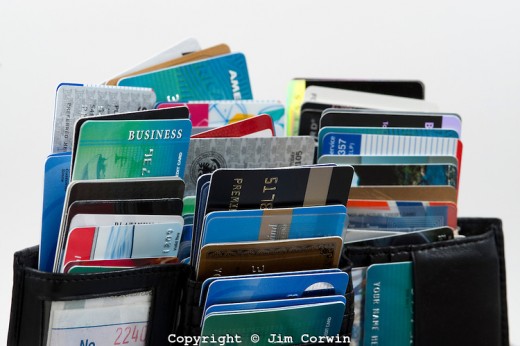
Rule Two: Don't have too much plastic
Now you might think that more credit cards is better right? Wrong! While you may have been approved for many different credit cards and been allowed so much money per card, this effectively increases your risk. Risk in this situation is how likely you are to pay for something on credit.
You may have heard before that it is good to use credit, and while this is true, it only applies in moderation. For example, if you have eight credit cards that you use regularly, the chances of you having all of those cards paid off at any given time is much lower than say someone with only two credit cards. As such you are a higher risk of carrying debt, and this can effectively lower your credit score (keep in mind there are other things that affect your credit such as assets, current debt or loans, etc). Your credit score is used by banks and lenders to determine whether or not they should give you a loan or mortgage. The higher your credit score, the more likely you'll be approved (if your score is high enough, you may even qualify for special rates or discounts).
Unfortunately, numbers don't lie, and the majority of people with many credit cards carry a debt load that is often much higher than those with fewer credit cards, simply because they have more temptation to spend it. For example, if I have 5 credit cards each with a $5000 limit, I effectively have $25000 that I can spend. That greatly increases my risk of paying for something on credit because I can actually go buy a car or other high ticket item, even if I don't have nearly that much money in my bank account.
The only way to counteract the double-edged sword of having many credit cards is to be smart with them. Use them once in a while on reasonable purchases and pay it off right away. If you have many credit cards The old saying "just because you can, doesn't mean you should" should be your words to live by.
Currently, how many credit cards do you have?
Rule Three: Pay your credit bill on time
This rule is fairly simple, yet the most often ignored. The reason you should pay your bill on time is this:
If you do not pay the full amount by the due date, you are charged interest on any remaining balance (for most credit cards, this is usually between 19 and 29 percent). So for every $100 remaining on your card after the due date, you owe an additional $19 to $29 in interest.
I do not recommend making the minimum payment on your card. Doing so will prevent you from ever paying off your balance if you continue to use the card, and will greatly reduce your credit score. You do not have to pay off the full amount by the due date (although I recommend it if you can), but try to put as much on it as you can afford to over the minimum amount.
If you can afford the full amount, and you will continue using the card, I suggest paying more than the full amount as this will give you a credit that will be applied to your future purchases and lower the amount of your next payment while increasing your credit score.
Now let's go over some techniques that I use regularly to help maintain a great credit score.
Learn your billing cycle
When you receive your credit bill in the mail (or you check it online), take note of what the statement date is. You should do this because your statement date is usually around the same time each month. The importance of this is that any purchases put on the card after the statement date will not have to be paid until the following statement.
For example:
If you receive a statement on May 17th, and your payment is due by June 7th, any purchases you make after May 17th on your credit card will not be required to be paid until July.
This effectively allows you a full month to earn the money to pay off that amount. This technique is recommended if you make monthly purchases, or if you need to make a purchase that comes up every few months.
For example:
I have to bring my car in for an oil change in April. If I wait until after my statement date, I can charge the oil change to my credit card, and not have to pay the credit card company for it until June.
This technique works effectively, and is 100% legal.
How to extend your payback period legally
For most credit cards, you have a 21 day grace period to pay a bill before interest is applied to the balance (the due date marks that day). Here is a great way to extend this period, and maybe even lower the interest that may be applied if the full amount isn't paid.
Check with various banks and ask about low interest credit cards. You can find some pretty low ones. Once you find one you like, see if the card (or bank) will allow for Balance of Account Transfers. This allows you to transfer the balance of one credit card to another. If they do allow it, apply for it. If they don't you don't have to have a low interest card to use this technique, you can just use another credit card.
Once you have that all set up, all you have to do is transfer the balance of your credit card to this one before the due date. Once that is done, you should have 21 days to pay off the card you transferred the balance to. This gives you a little over a month to pay off balances, plus, if you can't pay the full balance and you were able to get a low balance card, any interest that is applied is much less than what would've been applied if the balance were on the original card.
The best part about this technique is that it can also be used in conjunction with the billing cycle technique to maximize the amount of time that your money stays in your bank!
Final thoughts
I myself use these techniques and live by these rules with my credit cards and they have helped me reach (and maintain) a great credit score. I personally use two credit cards, a points card to get aeroplan miles for each purchase in conjunction with a low interest card to always fully pay my card off on time. Both cards have a limit of much less than what I make in a month.
I hope these rules and techniques can help you achieve (and maintain) a great credit score.
As always, stay excellent!
- Financial advice, basics, a financial plan
A short and sweet ABC of financial truths which can give direction to those trying to budget and make their dollars go further.


